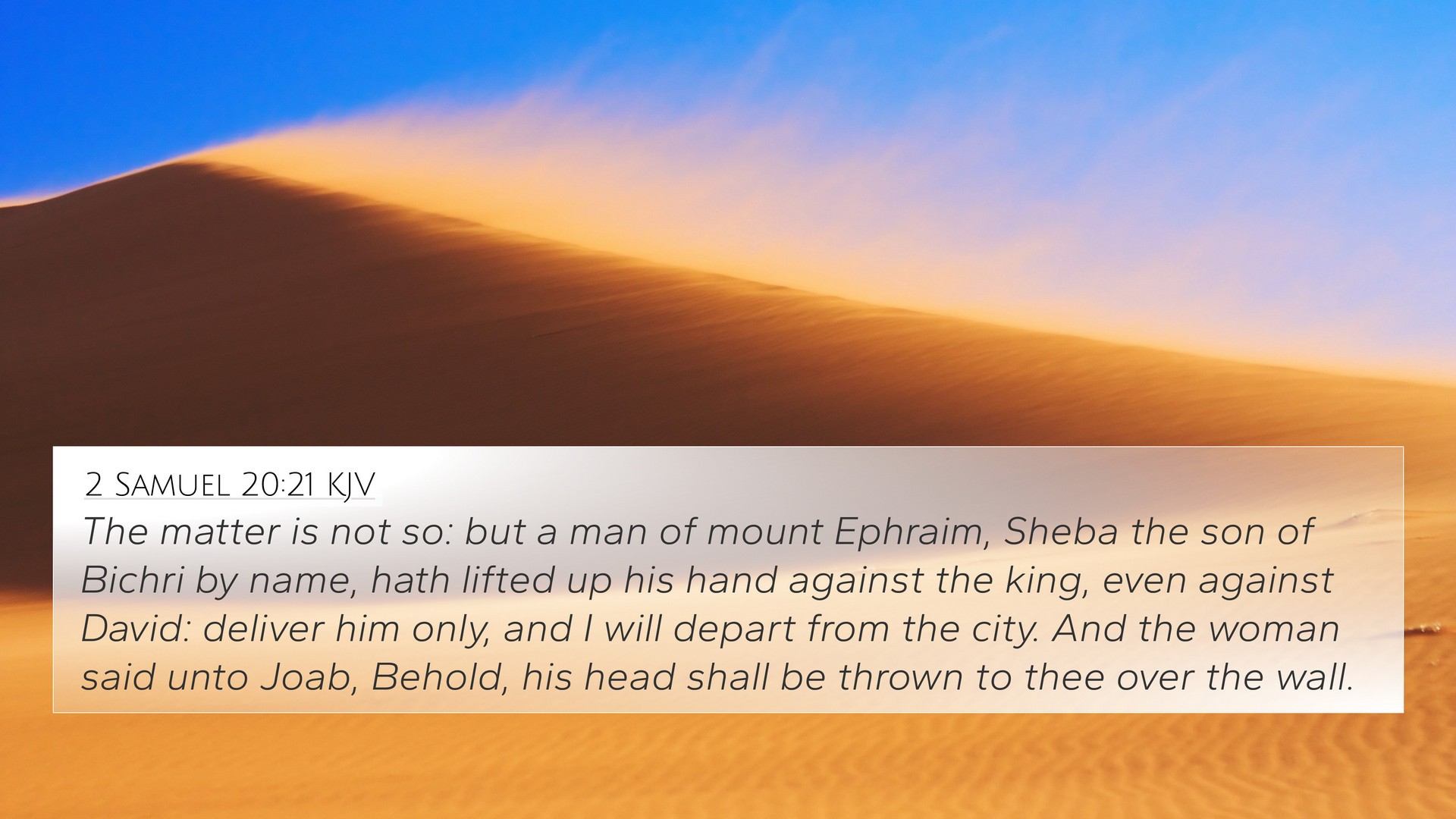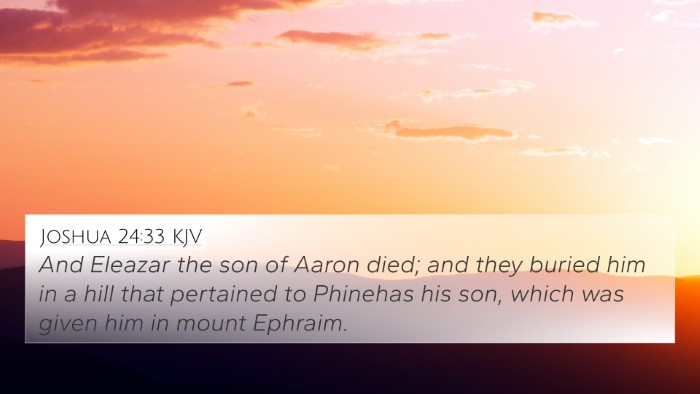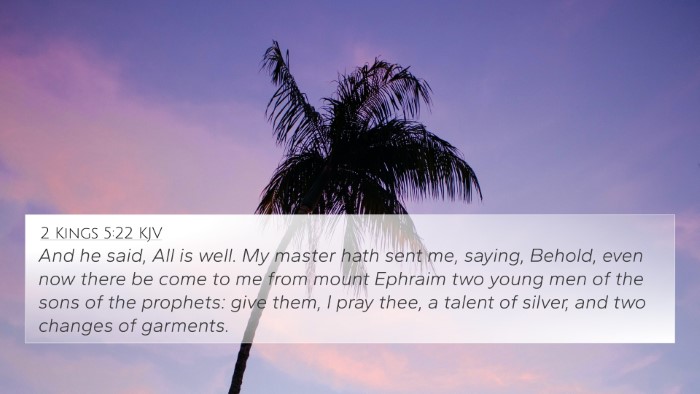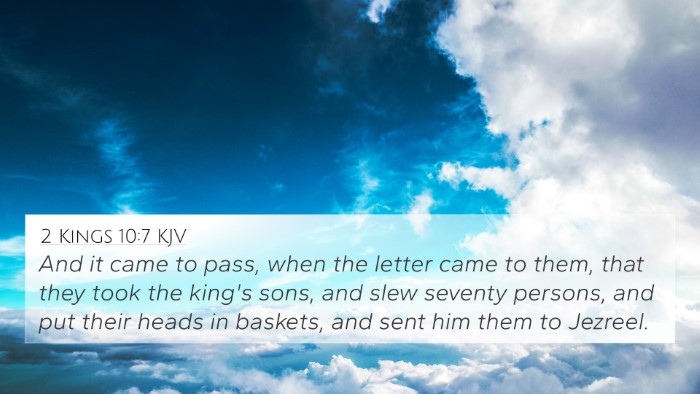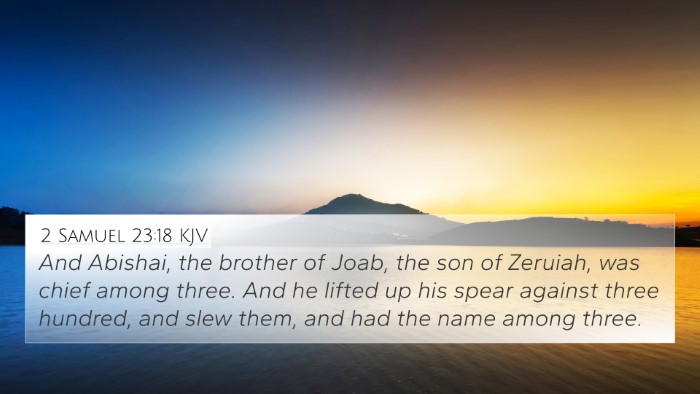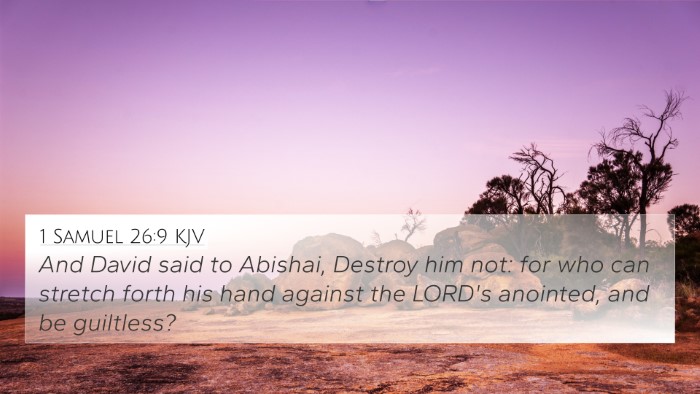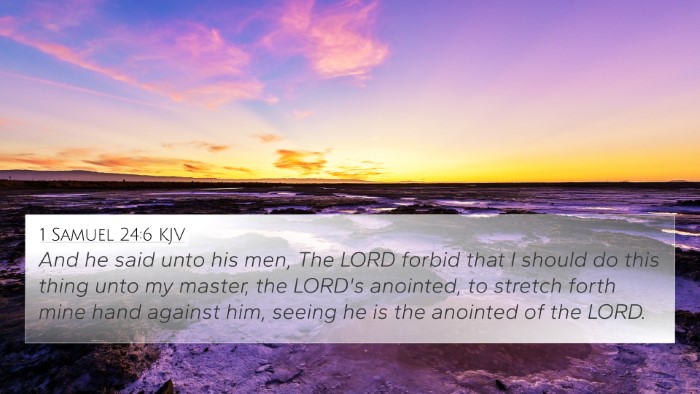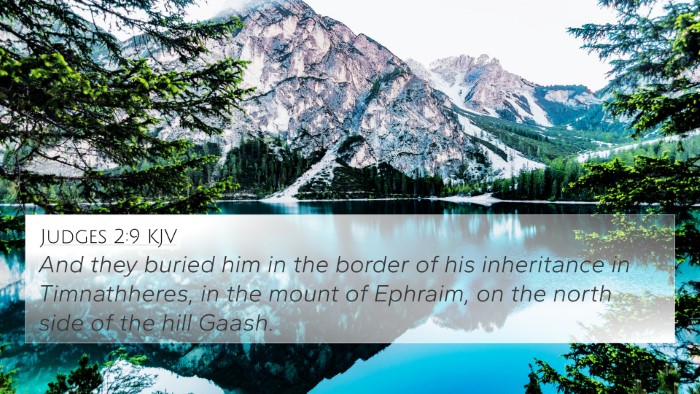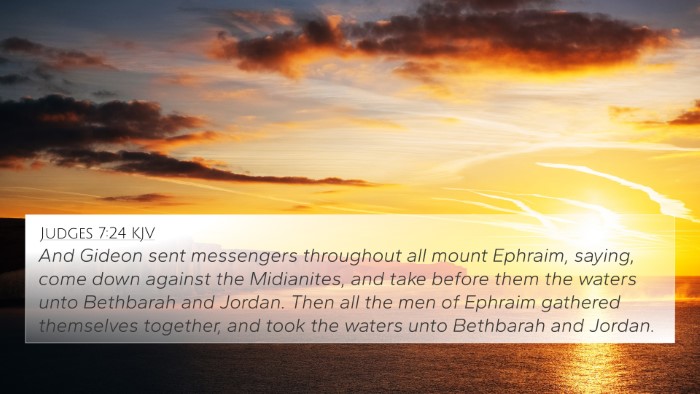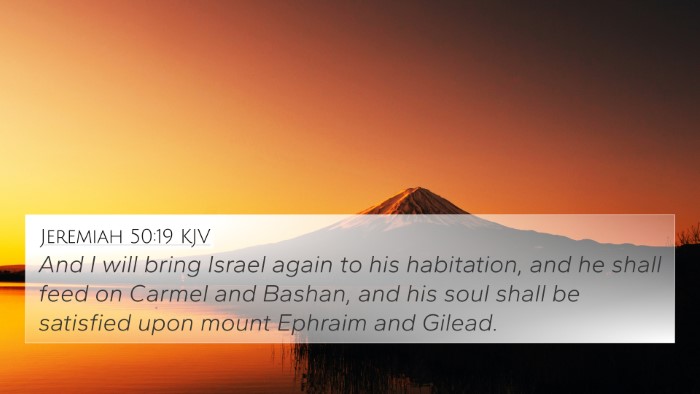Understanding 2 Samuel 20:21
2 Samuel 20:21 states: "But a man of mount Ephraim, Sheba the son of Bichri, hath lifted up his hand against the king, even against David: deliver him only, and I will depart from the city." This verse captures a critical moment during King David's reign, emphasizing themes of loyalty, rebellion, and the importance of leadership. Below is an exploration of the meaning and implications of this verse, drawing insights from various public domain commentaries.
Verse Context and Summary
This verse occurs in a narrative where David is dealing with insurrection led by Sheba, a Benjamite, who arrogantly defies David’s authority. The request for Sheba to be handed over illustrates a theme of governance, replying to rebellion, and the personal dilemmas faced by a ruler. It highlights how personal loyalties can influence political stability.
Insights from Commentaries
Matthew Henry
Matthew Henry discusses the implications of rebellion against King David. He emphasizes the importance of prompt and decisive action against dissidents to maintain order within the kingdom. Henry notes that David’s appeal for the city to deliver Sheba symbolizes a moral obligation to uphold justice. The verse reflects the consequences of civil discord and the role of leaders in managing dissent.
Albert Barnes
Albert Barnes highlights the gravity of Sheba’s revolt as a direct challenge to David’s kingship. Barnes points out that Sheba, by representing a faction from Ephraim, taps into historical tensions between the northern and southern tribes of Israel. The call to “deliver him only” indicates David’s desire to safeguard the city’s walls from siege, portraying a ruler’s relationship with his subjects—a relationship founded on trust and duty.
Adam Clarke
Adam Clarke expands on the geographical and cultural significance of Sheba's rebellion. He suggests that Sheba’s lineage and his claim to fame speak to the contentious nature of Israelite politics. His resistance against David is emblematic of broader themes of loyalty and identity. Clarke emphasizes the necessity of a unified approach within the Israelite tribes to prevent fragmentation and further rebellion.
Thematic Connections and Cross-References
This verse can be linked to several biblical themes and other scriptures that reflect on leadership, rebellion, and divine authority. Below are the cross-references that provide additional insight into these themes:
- 2 Samuel 15:10: "But Absalom sent spies throughout all the tribes of Israel, saying, 'As soon as you hear the sound of the trumpet, then you shall say, “Absalom is king in Hebron!”'” - This verse reflects on rebellion and the social dynamics involved.
- 1 Kings 11:26: "Then Jeroboam the son of Nebat, an Ephrathite of Zeredah, Solomon's servant, whose mother’s name was Zeruah, a widow, also lifted up his hand against the king" - illustrating another instance of rebellion from the tribe of Ephraim.
- Proverbs 24:21: "My son, fear the LORD and the king; do not associate with those who are given to change" - highlights the importance of loyalty to authority.
- Jeremiah 20:10: “For I heard the defaming of many, fear on every side. Report, they say, and we will report it...” - discussing the consequence of opposition and the atmosphere of suspicion.
- Psalm 2:1-3: "Why do the nations rage, and the people plot a vain thing? The kings of the earth set themselves, and the rulers take counsel together, against the LORD and against His Anointed..." - referencing rebellion against rightful authority.
- Matthew 10:36: "And a man's enemies will be those of his own household." - speaks to the personal nature of conflict that arises in leadership.
- Romans 13:1: "Let every soul be subject to the governing authorities. For there is no authority except from God, and the authorities that exist are appointed by God." - this verse emphasizes the divine institution of leadership.
Conclusion
In 2 Samuel 20:21, King David’s response to the uprising led by Sheba reflects not only David's political strategy but also the broader Biblical themes of rebellion, authority, and moral integrity. Understanding the connections between this verse and other scriptural passages enriches our understanding of Biblical leadership and provides a guide for contemporary application of these timeless principles.
Tools for Further Study
For a deeper understanding of the connections between Scripture, consider utilizing:
- Bible concordance
- Bible cross-reference guide
- Cross-reference Bible study
These tools can significantly aid in identifying the interplay between various scriptures, thereby enriching your study of the Bible.
